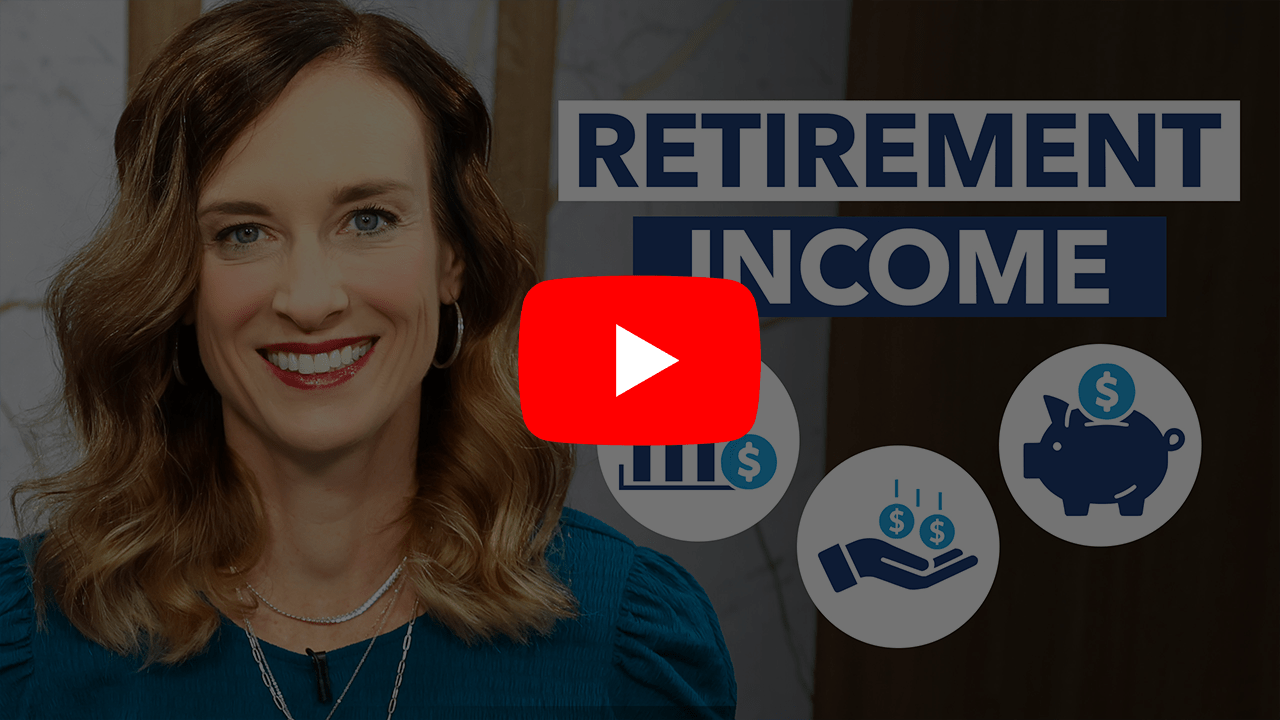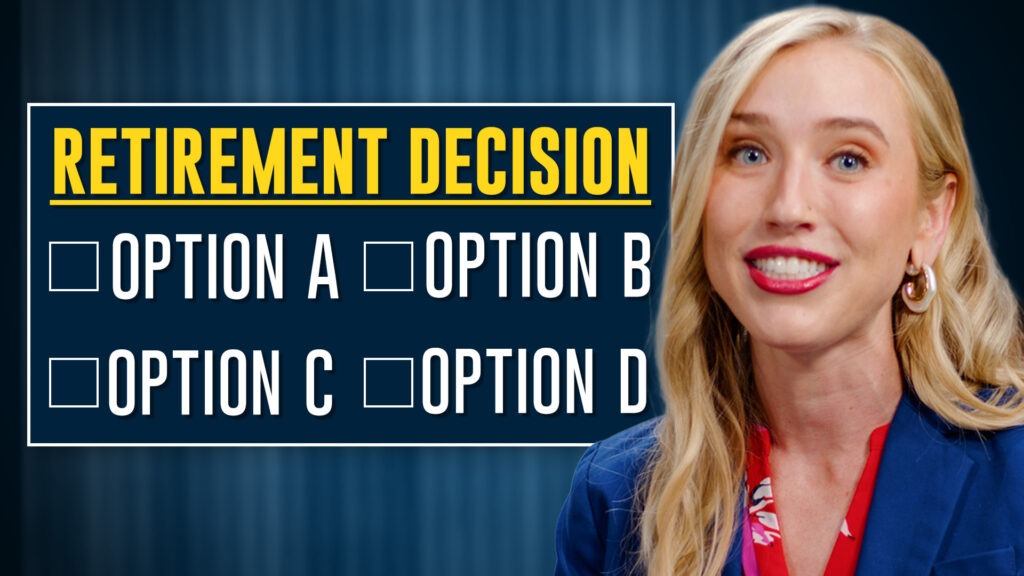Retirement is a significant milestone in anyone’s life, marking the transition from years of employment to a period of relaxation and new experiences. A critical aspect of this transition is having a plan for retirement income. According to a study discussed by Molly Nelson, Loren Merkle, and Clint Huntrods, while 62% of advisors claim to discuss retirement income with their clients, only 27% of investors feel adequately informed about it. This disconnect can seriously affect how prepared individuals are for their retirement. In this episode of “Retiring Today with Loren Merkle”, we break down what retirement income is, how it functions, and why it’s important for a secure future.
–––––––––––––––––––––––––––––––––––––––––––––––––––––––––––––––––––––––––––––––––––––––––––––
What Is Retirement Income?

Retirement income is money you receive after you retire, when you no longer get a regular paycheck. It can come from various sources like pensions, Social Security, savings, and investments. Loren emphasizes that understanding these sources and how to manage them is an important part of a comprehensive retirement plan.
Loren points out that many people are familiar with receiving income through their employer, but figuring out how to live off their investments, Social Security, savings and pensions in retirement can be overwhelming. The key is to transition from an accumulation phase, where the focus is on saving and investing, to a pre-retirement or retirement phase. In these phases you are thinking of that money as retirement income.
How Does Retirement Income Work?
To truly grasp retirement income, it’s essential to see it as part of a comprehensive retirement plan. Clint explains that the more information you have that pertains to your situation the better prepared you are to make retirement decisions.
For instance, the retirement planners at Merkle Retirement Planning walk families and individuals through customized scenarios that show them potential incomes at various retirement ages, helping individuals see the impact of different choices on their long-term retirement plan.
A comprehensive written plan can visually depict incomes from Social Security, pensions, and personal savings by taking into account inflation adjustments and tax implications. This detailed visualization aids in making informed decisions and can help reduce concerns surrounding financial security in retirement.

The Importance of Conversation and Understanding
Effective communication plays a vital role in closing the gap between what advisors believe they are conveying and what clients understand. Molly notes that financial advisors sometimes use jargon or acronyms that those outside of the financial industry don’t understand. Simplified communication ensures that those we work with fully grasp the implications of their retirement plans, often leading to more confidence and security.
Clint shares an example of a family where the wife had been laid off but was able to retire confidently because she had a solid plan in place, prior to being laid off. The forethought and preparation ensured that the unexpected job loss was seen as an opportunity rather than a setback. This example underscores the importance of early planning and having a flexible strategy that can adapt to life’s uncertainties.
The Risks to REtirement Income

Several risks can jeopardize the stability of retirement income, thus it’s crucial to identify and mitigate these risks proactively:
1. Market Risks: The strategy that suits a 40-year-old might not be appropriate for someone about to retire. As Loren notes, a downturn in the market can be particularly detrimental if you’re soon going to be reliant on those investments for your daily expenses. Constructing a recession resistant portfolio can allow you to protect a portion of your retirement savings from market swings.

2. Tax Implication: Taxes can erode a significant portion of your retirement income. Proactive tax planning can involve making strategic decisions like Roth conversions. This technique can help minimize future tax liabilities.

3. Legislative Changes: Retirement rules and regulations often change. It’s important to stay up to date or work with a team that monitors these changes. Legislative changes may require you to reassess your retirement plan.
Conclusion
Retirement income is a multifaceted topic that requires proactive planning. It’s an important conversation to have with your financial professional. Having a detailed retirement income can help confidently retire.
Click here to watch the full episode “Understanding the Basics of Retirement Income” on YouTube!










